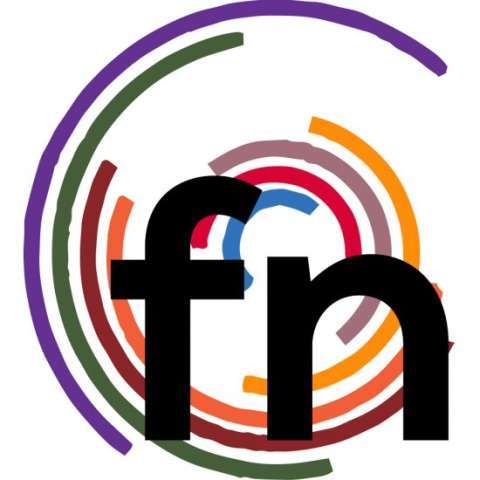David Codr of MusicPage.com
After promoting or producing around 1,000 concerts, managing bands, booking tours and scouting talent, you pick up a few tricks of the trade. That's how I started doing artist development work. The gang at Festival Network Online asked if I would share a few of my artist development techniques in this newsletter.
Developing a New Market (Part 2)
Last month's article on Developing a new market was intentionally basic for our less seasoned readers. But now that the basics are out of the way, we can delve into real Market Development.
When an artist i am working with starts to develop a new market, one of the first things I have them do is make a list of all the "players" in that market. Usually the list consists of the talent buyers at the venues we want to play at, promoters, local music writers and reporters, DJs at stations that may play the artist, Program Directors for the same stations, area music website staffers, etc.
The idea is to identify all the people you want to work with there. Either to play with or for, or people who can help you get your name out to local music fans. Don't worry about how complete it is at first, its just a starting point. Your list should expand and grow as you become more familiar with the market.
After you have your list, create a document for every person on it. Doesn't have to be any specific program; Word, Pages, or even just an old fashioned piece of paper. Since I've been watching a bunch of old James Bond reruns this week, lets call it a Dossier.
Read more here!
Write the person's name at the top, followed by the name of their company or where they work. Add their email, phone numbers, Facebook address, Musicpage profile address and any other pertinent information.
What's pertinent? That will depend on each person. Ive seen artists add birthdays, hobbies, interests, family member names, things the person likes and dislikes - its up to you. The purpose of the Dossier is to collect and display all sorts of info on this person that you can reference later.
Basically, the Dossier is another instrument in your arsenal. As a touring artist, its hard to keep up with all the details for all the people you work with in your head. The Dossier helps you "remember" things you may otherwise forget.
After you have a few Dossiers started, you can use them to start contacting these people. I'm a big believer in developing personal relationships with the people I want to work with. Its human nature, people like working with and helping people they know.
I don't have any statistics for this, but imagine the overwhelming majority of musicians only call music pros when they want something from them. This is one of the reasons its so hard to get in touch with, or line up opportunities with the people you want to work with. When you call, they know you are doing so because you want something from them.
The Dossier's help you break that cycle. Each time you book a new show in this new market, you pull out the Dossier's of the "players" in that market and start contacting them. The reason of the call? To get together with this person next time you're in town.
It's important to not start things out by calling and asking them to do something for you (book a show, write about you, etc). Tell them you are starting to play in the market and you wanted to buy them lunch to introduce yourself and see if they have any advice as someone experienced in the local music scene.
I like to start with reporters as they are usually easy to meet for a free lunch, and they can help you reach music fans in that market.
When you meet with them, don't sweat them or ask for anything (that comes later). The point is to get to know them and if possible, gain valuable information on the market from their first hand experience. If there are any noteworthy nuggets of info about the person that come out of your meeting, add it to the dossier.
Things like birthdays or special events are things you should note, and call them about later; "Just wanted to wish you a happy birthday," etc. If you want these people to give a damn about you and your music, its always a good idea to give a damn about what's going on in their lives.
If you aren't able to schedule a sit down with any of the "players" you have on your list, keep at it. Sometimes offering to pick up a pizza and meet at their office is a good option if they don't have time to meet you somewhere.
Remember, these are often busy people. Even if you never set up a meeting, you are getting on their radar. And you're doing it in a different way than most artists that contact them because you aren't asking for anything. In fact, you're doing the opposite. You are offering to do something for them!
This will help you stand out among the other artists calling these people. As someone who has promoted or produced over 1,000 concerts, I can assure you that standing out or being memorable to the people you want to work with is supremely important.
Developing relationships with the music pros who work in the market you are developing can have lasting benefits. Not only will they provide you with invaluable information, you are positioning yourself to work with them down the road.
Good luck
- David Codr
In addition to running Musicpage.com, David gives artist development workshops at Music Conferences and private events under the name Guerrilla Promotion.


